September 9, 2025
Browse by Subject
- Defamation (588)
- Copyright (511)
- Legal Threat (507)
- Free Speech (411)
- Blogs (315)
- Section 230 (309)
- Anonymity (301)
- Social Media (297)
- Citizen Journalism (286)
- Newsgathering (286)
- Fair Use (280)
- Criminal (279)
- Journalism (266)
- Access to Gov't Information (242)
- Third-Party Content (239)
- Censorship (230)
- Twitter (229)
- Privacy (213)
- CMLP (211)
- Trademark (189)
- DMCA (162)
- Shield Laws (149)
- Access to Courts (148)
- Prior Restraints (120)
- FOIA (107)
- SLAPP (105)
- Cyberbullying (89)
- Elections and Politics (88)
- Legal Guide (84)
- Recording Others (83)
- User Comments or Submissions (82)
- Terms and Conditions (80)
- Publication of Private Facts (80)
- Right of Publicity (79)
- Subpoenas (78)
- Advertising (77)
- Consumer Ratings and Reviews (59)
- Intrusion (54)
- False Light (54)
- Student Speech (54)
- Gripe Sites (51)
- Congress (49)
- Hot News Misappropriation (47)
- Resources and Tools (45)
- Open Meetings (43)
- Children (42)
- Linking (41)
- Computer Fraud and Abuse Act (41)
- Obscenity (36)
- Access to Places (35)
- Business Torts (33)
- Identity (33)
- Aggregation (33)
- Trade Secrets (30)
- Trade Libel (25)
- Personal Jurisdiction (24)
- Licensing (24)
- Business Formation (23)
- Taxes (22)
- Sanctions (21)
- Employee Blogs (20)
- Domain Names (19)
- Real Estate (17)
- Retractions and Corrections (15)
- Credentials (15)
- DMLP (13)
- Cyberstalking (13)
- Reviews (11)
- Insurance (11)
- Hate Speech (11)
- Misappropriation (11)
- Establishment Clause (10)
- Government Speech (9)
- Website Design (7)
- Statute of Limitations (4)
- Science (3)
- Patent (2)
Recent Blog Posts
-
11 years 2 months ago
-
11 years 3 months ago
-
11 years 4 months ago
-
11 years 4 months ago
-
11 years 4 months ago
-
11 years 5 months ago
-
11 years 5 months ago
-
11 years 5 months ago
We are looking for contributing authors with expertise in media law, intellectual property, First Amendment, and other related fields to join us as guest bloggers. If you are interested, please contact us for more details.


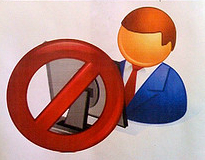 Juror use of the Internet to do research or communicate about trials is a growing and persistent problem. So, what can a judge do? For several years now courts have been giving jurors more detailed admonitions and jury instructions against educating themselves about cases online, to little effect.
Juror use of the Internet to do research or communicate about trials is a growing and persistent problem. So, what can a judge do? For several years now courts have been giving jurors more detailed admonitions and jury instructions against educating themselves about cases online, to little effect.
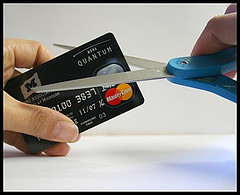 If you're arrested, your arrest is public information: your name, your address, what you're accused of. Many news organizations publish this information on a daily basis for their communities, as part of their news coverage.
If you're arrested, your arrest is public information: your name, your address, what you're accused of. Many news organizations publish this information on a daily basis for their communities, as part of their news coverage.
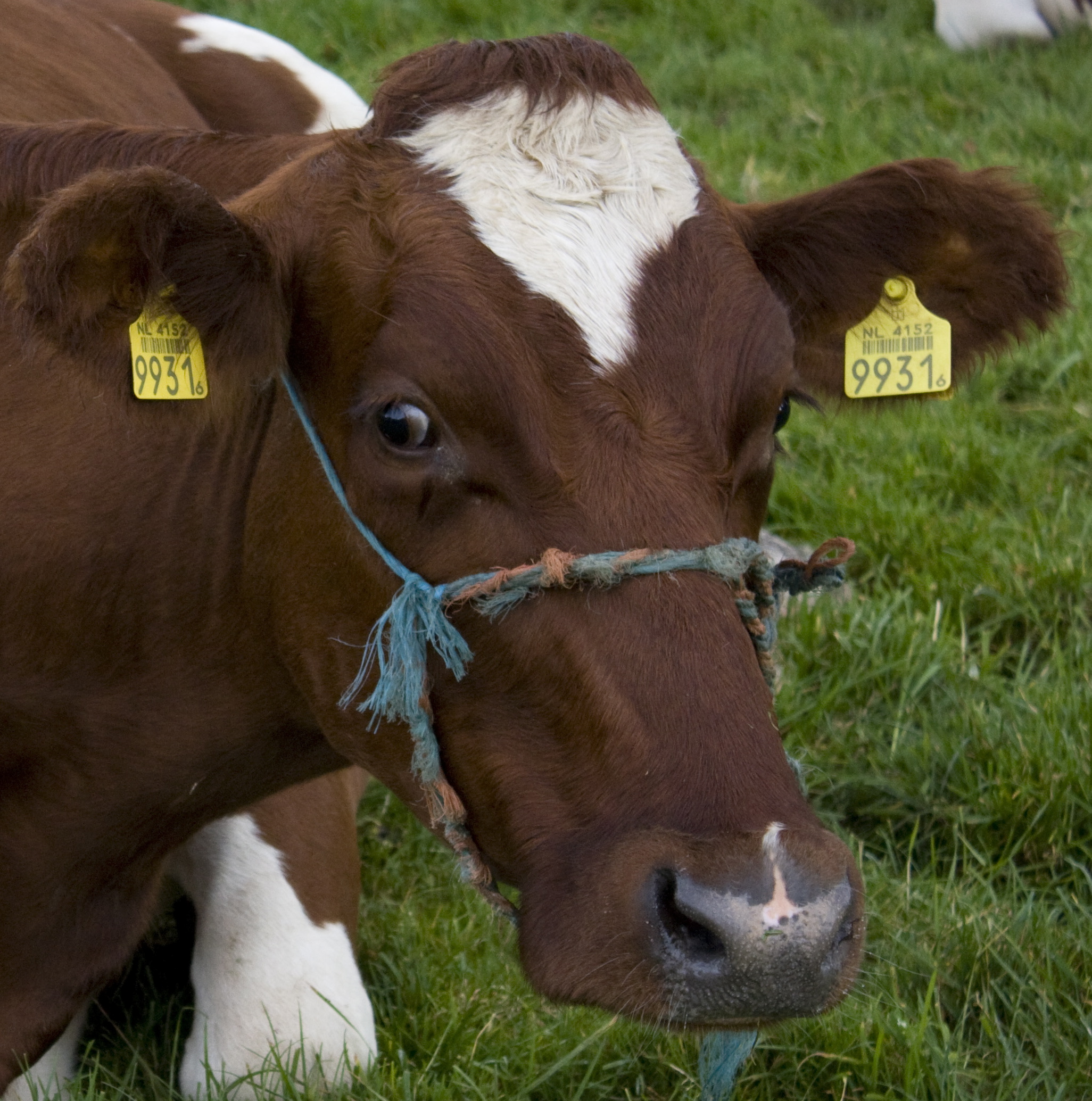 With the ubiquity of smart phones and digital communication, most of us whisk our phones out to record anything we find significant without giving it a second thought. But when one Utah woman did this in early February, she was charged as a criminal -- solely because the activities she recorded took place on agricultural land.
With the ubiquity of smart phones and digital communication, most of us whisk our phones out to record anything we find significant without giving it a second thought. But when one Utah woman did this in early February, she was charged as a criminal -- solely because the activities she recorded took place on agricultural land.

 Today, the Digital Media Law
Project is launching a new guide to photography and filming at this year’s presidential
election,
Today, the Digital Media Law
Project is launching a new guide to photography and filming at this year’s presidential
election, 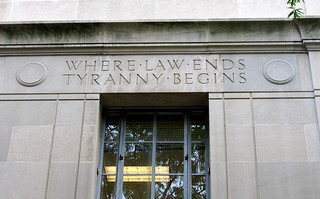 In May 2010, Christopher Sharp used his cell phone to record video of his friend being arrested by the Baltimore Police at the Preakness Stakes. The police demanded that Sharp surrender his phone, stating that the contents might be evidence; when the phone was returned, Sharp discovered that the video he had made, plus a number of other unrelated videos, had been deleted.
In May 2010, Christopher Sharp used his cell phone to record video of his friend being arrested by the Baltimore Police at the Preakness Stakes. The police demanded that Sharp surrender his phone, stating that the contents might be evidence; when the phone was returned, Sharp discovered that the video he had made, plus a number of other unrelated videos, had been deleted.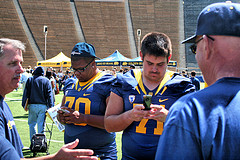 On Feb.
On Feb.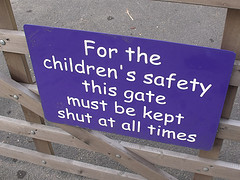 On February 7, 2012, the
On February 7, 2012, the 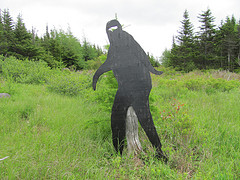 Back in March, I
Back in March, I 